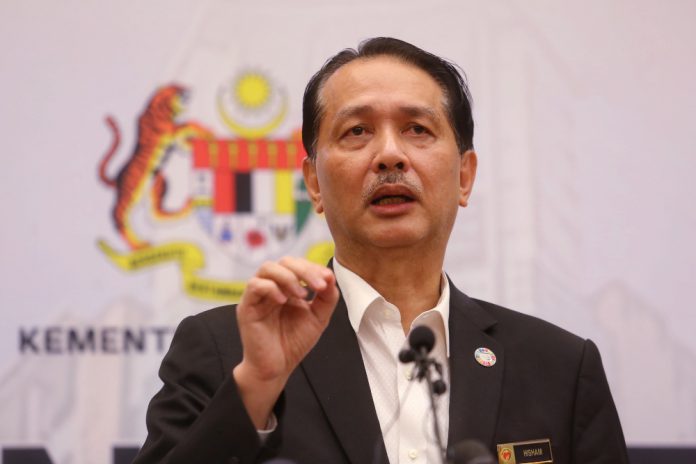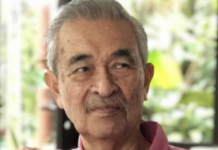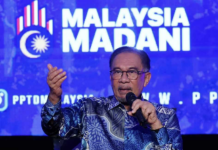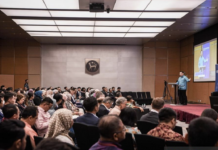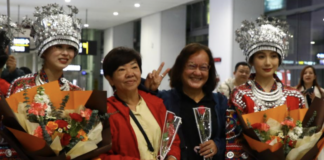KUALA LUMPUR, June 24 — Malaysian citizens who wish to pursue medical studies at seven universities in Egypt must meet the minimum entry requirements set by the Malaysian government.
Health director-general Tan Sri Dr Noor Hisham Abdullah said the 407th meeting of the Malaysian Medical Council (MMC) on June 22 set the minimum qualification requirements of at least matriculation/foundation/pre-university or Sijil Tinggi Persekolahan Malaysia (STPM)/A-Level or other equivalent examinations.
Dr Noor Hisham, who is also MMC president, said that the council received information regarding the reduction of study period from six to five years for all seven Egyptian universities recognised by the MMC, as listed in the Second Schedule of the Medical Act 1971 (Amendment 2012 ).
“A series of discussions were held by the MMC with various parties, including Egypt’s Ministry of Higher Education (MOHE),” he said in a statement today.
He said the meeting also agreed that if the minimum entry requirements are not met, prospective graduates from the universities may face problems in registering with the MMC.
Dr Noor Hisham said MMC would also consider removing the universities from the list of universities recognised in the Second Schedule of the Medical Act 1971 (Amendment 2012) if the matter continued.
In this regard, MMC had asked the cooperation of all parties, especially scholarship or educational assistance providers to ensure that the conditions are complied with so that any difficulties can be avoided, he said.
Meanwhile, in a separate statement, Dr Noor Hisham said all medical specialist training programmes offered in the country by higher education providers (HEP), had to be registered with the MOHE and go through an accreditation process.
The proposal was made in a joint meeting between MMC, Malaysian Qualifications Agency (MQA), Ministry of Health (MOH) and MOHE on June 15, to discuss the implementation of the accreditation process by MQA for medical specialist training programmes in the country.
The proposal also involves collaborative or twinning programmes with international certificate awarding bodies.
For parallel pathways, Dr Noor Hisham said the meeting on June 15 also agreed that the MQA accreditation process was not necessary as they were not training programmes offered by the local HEPs and the MOH only provided facilities for candidates in preparation for examinations.




